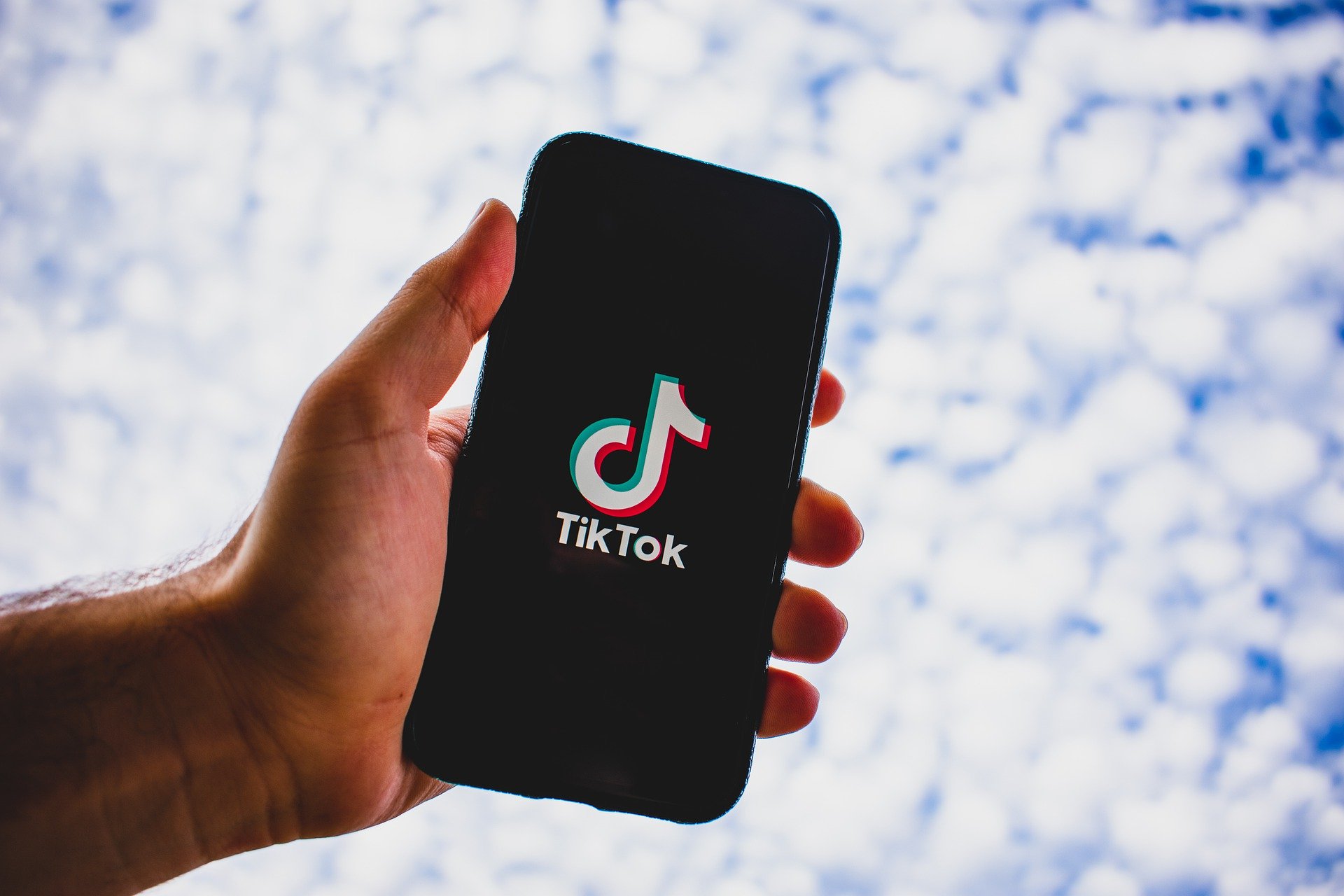New York — The vibrant energy of TikTok, a platform where over 170 million Americans share dances, stories, and ideas, is now overshadowed by the specter of a nationwide ban. A U.S. appeals court has reaffirmed the legality of a law requiring TikTok’s separation from ByteDance, its Chinese parent company. The alternative is stark: cease operations in the U.S. entirely. This ruling has thrown the app into a vortex of legal uncertainty and political contention, with the January 19, 2025, deadline fast approaching.
The potential ban is not just a legal matter; it is a cultural and economic crisis. TikTok has become an integral part of American life, influencing trends, empowering small businesses, and providing a livelihood for countless creators. Yet the ruling, rooted in concerns over national security and data privacy, could bring this era to a halt. App stores would face severe penalties for hosting TikTok beyond the deadline, effectively severing its accessibility to new users. For existing users, the inability to update the app would gradually render it dysfunctional, stripping away a platform that has defined a generation.
TikTok has vowed to fight this decision at the Supreme Court level, portraying the law as an assault on free speech. Michael Hughes, a spokesperson for TikTok, emphasized the gravity of the situation, arguing that the ban would silence millions of voices and undermine creativity worldwide. Despite these bold statements, TikTok’s refusal to separate from ByteDance poses a critical challenge. The platform has tied its fate to a legal strategy that some experts believe is an uphill battle.
The Supreme Court’s intervention is far from guaranteed. While TikTok may request a stay to delay the enforcement of the ban, the Court’s conservative leanings and its prioritization of national security concerns could make a favorable ruling elusive. Analysts anticipate an expedited timeline for the Court’s review, potentially placing the case on the docket as early as January. However, the legal complexities and high stakes make the outcome uncertain at best.
In parallel, the political landscape offers a glimmer of hope for TikTok. President-elect Donald Trump, once a vocal critic of the app, has recently taken a conciliatory tone, even pledging not to ban TikTok in a video posted on the platform. However, Trump’s ability to reverse the ban is limited, given its timing relative to his inauguration. Legislative action to repeal the law appears unlikely, leaving executive maneuvers as his primary option. Trump could signal non-enforcement of the ban or reinterpret the law’s provisions to allow TikTok’s continued operation, though these strategies come with their own risks.
For TikTok’s users, the uncertainty is deeply personal. The platform has transcended its role as a social media app, becoming a space for connection, creativity, and financial opportunity. Influencers like Carrie Berk worry about losing a vital source of income, while others, like strategist Keenya Kelly, remain optimistic that TikTok’s economic significance will safeguard its future. The platform’s unique algorithm and user-driven culture make it difficult to replicate elsewhere, adding urgency to the community’s calls for a resolution.
As TikTok navigates this turbulent period, its fate will likely shape broader discussions about the intersection of technology, politics, and society. For millions of Americans, TikTok’s uncertain future is more than a legal or political drama—it is a fight for the preservation of a digital space that has redefined how we connect and create.









